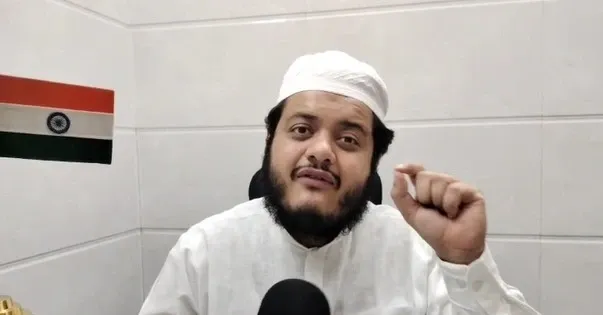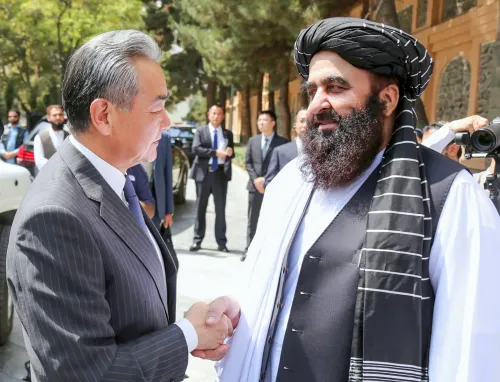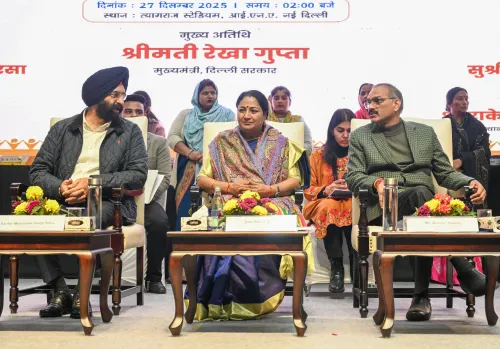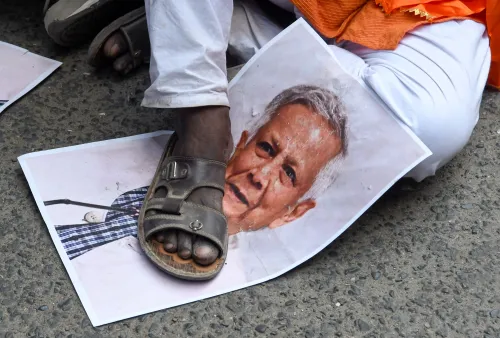How Did the Jamiat Ulema-e-Hind Respond to the HC's Stay on UP Govt’s Madrasa Sealing?

Synopsis
Key Takeaways
- The Allahabad High Court's stay is a major victory for minority education.
- It emphasizes the necessity of due process in administrative actions.
- The ruling acknowledges previous Supreme Court interventions regarding madrasas.
- Jamiat Ulema-e-Hind continues to offer legal support to affected institutions.
- This decision reinforces the fundamental rights outlined in the Constitution of India.
Moradabad (Uttar Pradesh), July 24 (NationPress) The Jamiat Ulema-e-Hind expressed its approval of the Allahabad High Court's ruling to suspend the Uttar Pradesh government's directive to seal unrecognised madrasas, labeling it as a significant victory for constitutional rights and minority education.
In a statement to IANS, Maulana Kaab Rashidi, the legal advisor for the Jamiat, indicated that the High Court's decision was a relief for numerous Islamic institutions that have faced targeting in recent years due to what he termed as "unconstitutional pressure".
"We have witnessed, particularly in Uttar Pradesh and various other states in India, that madrasas have been closed without following due legal processes. The usual justification is the absence of recognition. However, in reality, only 10 percent of these institutions received formal notices — the remainder were compelled to shut down based solely on verbal commands," Rashidi elaborated to IANS.
He also mentioned that under the guidance of Maulana Mahmood Asad Madani, the Jamiat had previously offered free legal assistance to madrasas facing unwarranted closures.
"Today, the High Court dismissed the Uttar Pradesh government's claim that mere recognition is sufficient for sealing a madrasa. This ruling is both significant and timely," he asserted.
Rashidi noted that the Supreme Court had already intervened in a related case initiated by the National Commission for Protection of Child Rights (NCPCR).
"On October 21, 2024, led by then Chief Justice of India D.Y. Chandrachud, the Supreme Court suspended all NCPCR-issued notices regarding madrasa closures. The Jamiat, under Maulana Arshad Madani, had elevated this matter to the Supreme Court, and the stay order is still in effect," he added.
He further remarked that even the Uttar Pradesh state government had acknowledged this ruling, instructing that no further actions be taken against such institutions while the matter remains sub judice.
"Today's High Court ruling explicitly references the Supreme Court's stay and the state government's own advisory. It rightly asserts that a lack of recognition alone cannot justify the closure of a madrasa," Rashidi emphasized.
Describing the verdict as a triumph for justice and constitutional rights, he remarked: "The High Court has upheld the fundamental rights of minorities enshrined in the Constitution of India. This decision restores faith in the judicial system and preserves educational freedom for future generations."










